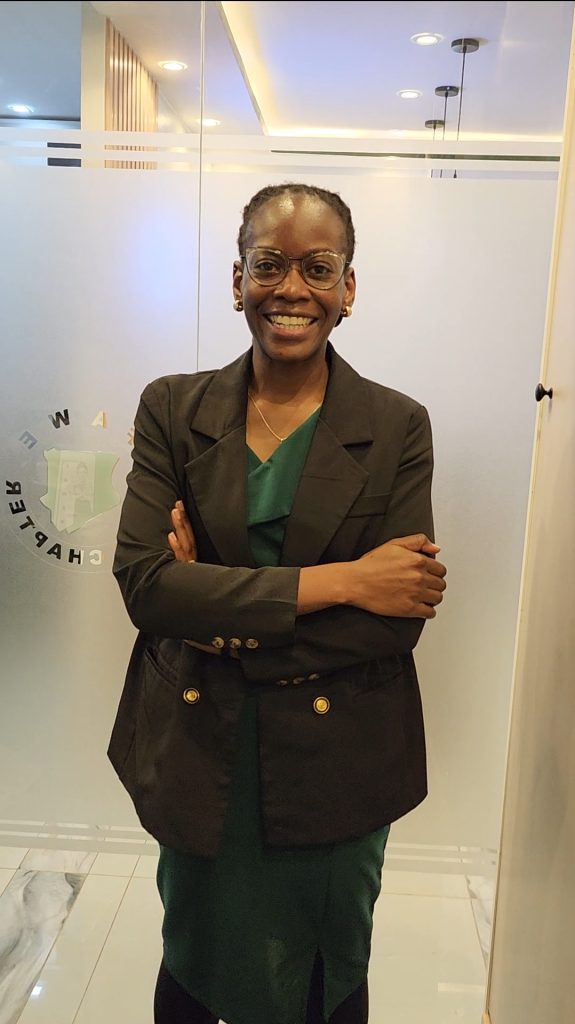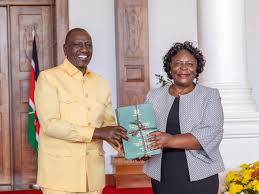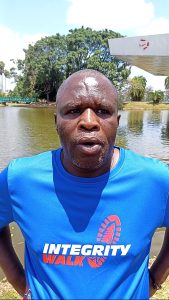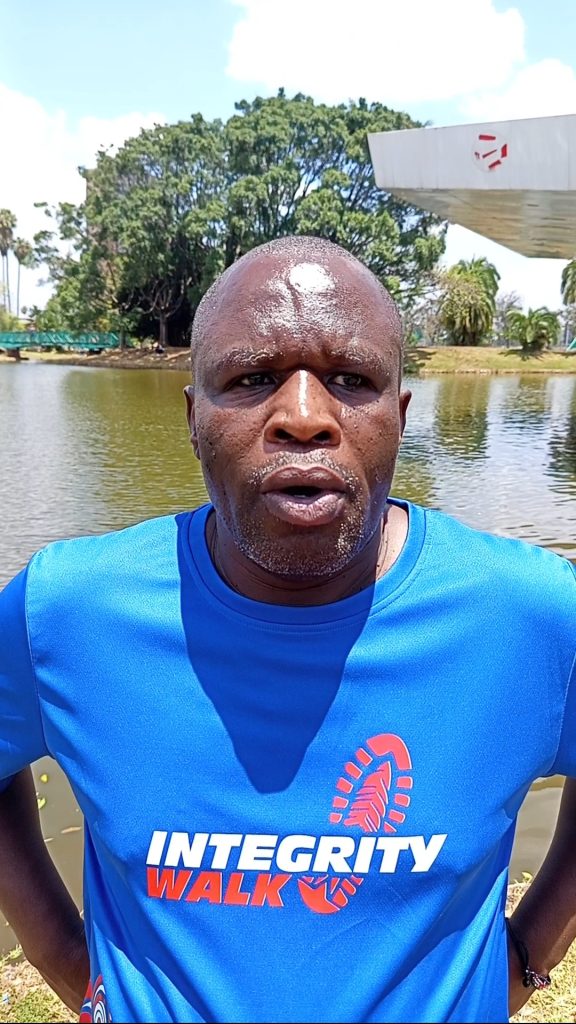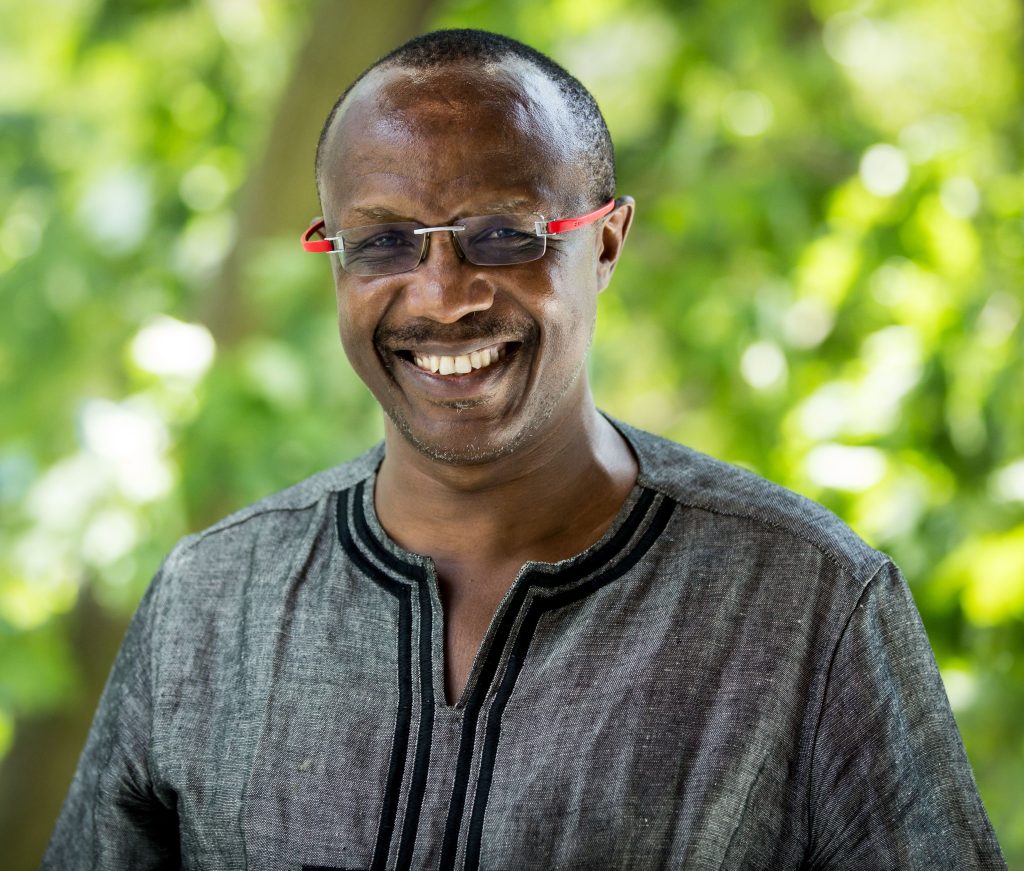By Wahome Ngatia
At just 30 years old, Jeannette Nyanjom became the CEO of the Forum for African Women Educationalists (FAWE) Kenya Chapter, leading the charge in advancing gender equality in education. Since taking the helm, she has expanded FAWE’s impact, leveraging its vast networks to support teenage mothers in re-entering school and completing their education.
FAWE Kenya was a key supporter of the inaugural NGO Awards, where it was nominated in four categories: NGO of the Year, CEO of the Year, Best in Education, and Best in Gender. The organization’s commitment to tackling gender disparities in education has made a lasting impact. In this interview, Jeannette shares FAWE’s achievements, challenges, and her vision for the future.
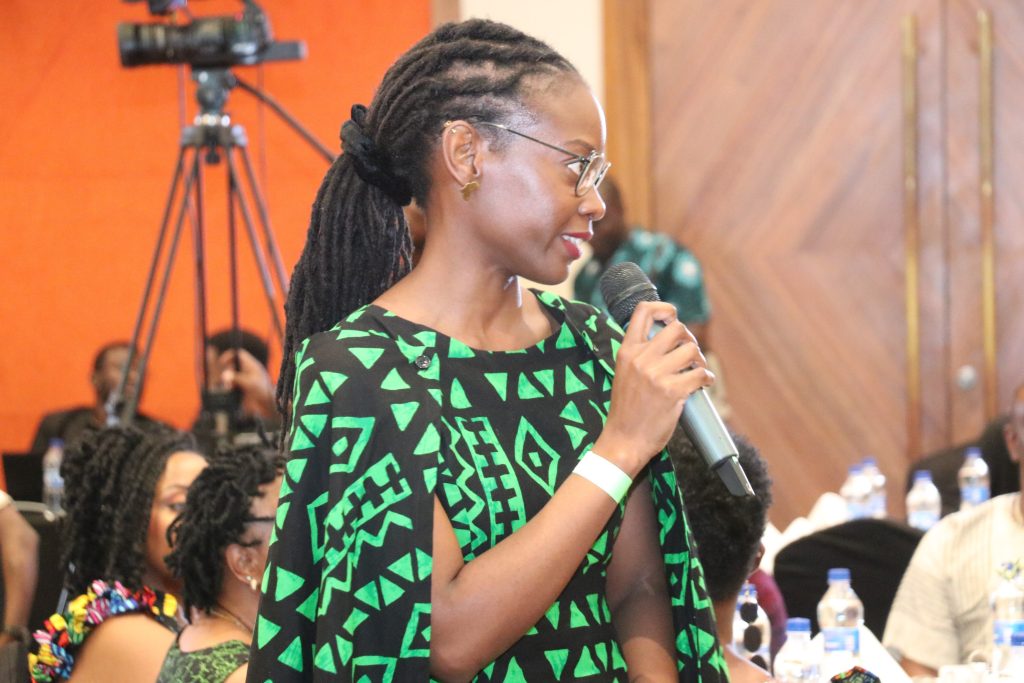
Congratulations on sponsoring the NGO Awards 2024. What does this mean for FAWE Kenya’s mission?
Partnering with Awesome Concepts Ltd for the awards was an opportunity to showcase our work while supporting causes close to our heart, such as education and gender equality. Being nominated in four categories validated the impact of our initiatives.
Why did FAWE choose to support the awards?
We wanted to celebrate and learn from other organizations making a difference. The awards facilitated crucial discussions that will drive the non-profit sector forward. They also highlighted the dedication of NGOs to improving lives across Kenya.
How has FAWE’s work transformed the lives of the communities it serves?
- Increased school enrollment and improved academic performance among girls.
- 5,164 girls re-enrolled in school through the Imarisha Msichana initiative after dropping out due to teenage pregnancy and early marriage.
- Over 12,000 teachers trained in Gender Responsive Pedagogy (GRP) to eliminate biases in education, such as the stereotype that doctors are male and nurses are female.
- Partnering with community leaders to combat Female Genital Mutilation (FGM), resulting in declining cases.
- Supporting students in crisis—such as those affected by flooding at Embakasi Girls School—by mobilizing resources for essentials like uniforms and food.
Who are FAWE Kenya’s major donors?
Our key partners include the Mastercard Foundation, Wellspring Philanthropic Fund, and the Dutch Ministry.
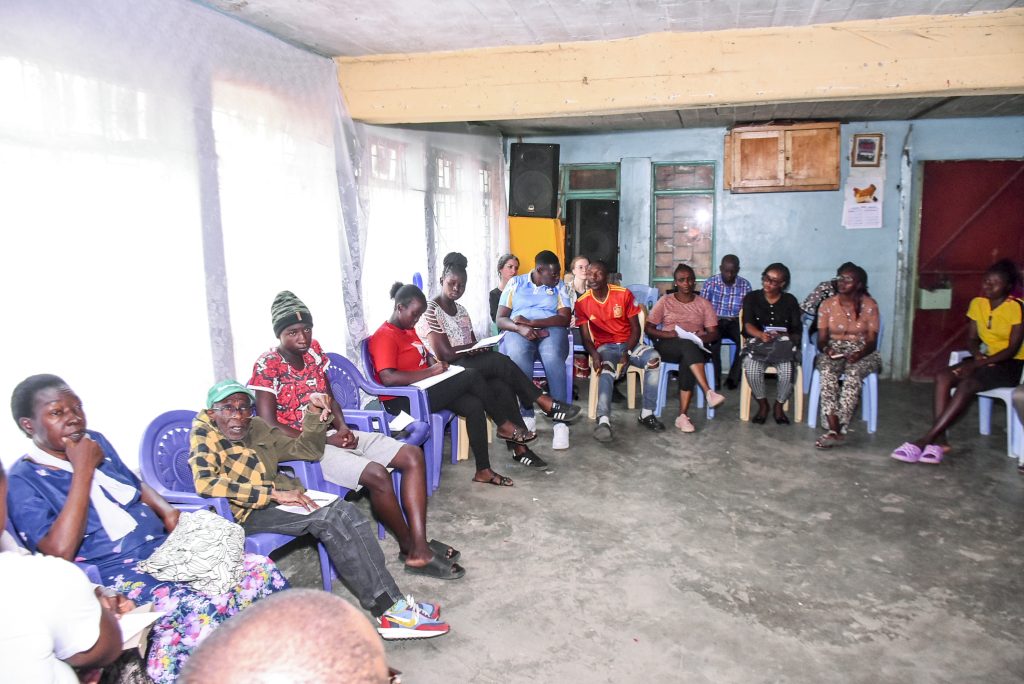
Expanding FAWE’s Reach
What is your vision for FAWE moving forward?
- Expanding our reach from 22 counties to all 47 in Kenya.
- Establishing more semi-autonomous FAWE branches beyond the five currently in operation.
- Creating a FAWE Kenya Think Tank to provide thought leadership and research-driven solutions.
- Reducing reliance on external funding by exploring sustainable revenue streams.
How does FAWE ensure innovation and high standards in its programs?
We maintain an active feedback loop, constantly monitoring program implementation to ensure relevance and impact. Our goal is to develop programs that truly serve our beneficiaries, rather than implementing initiatives for the sake of it.
What challenges has FAWE faced, and how have you tackled them?
- Cultural Barriers: Changing deeply rooted beliefs takes time. We engage local influencers, including men, to champion girls’ education.
- Financial Constraints: The need for resources often exceeds availability. We are working on diversifying our funding sources.
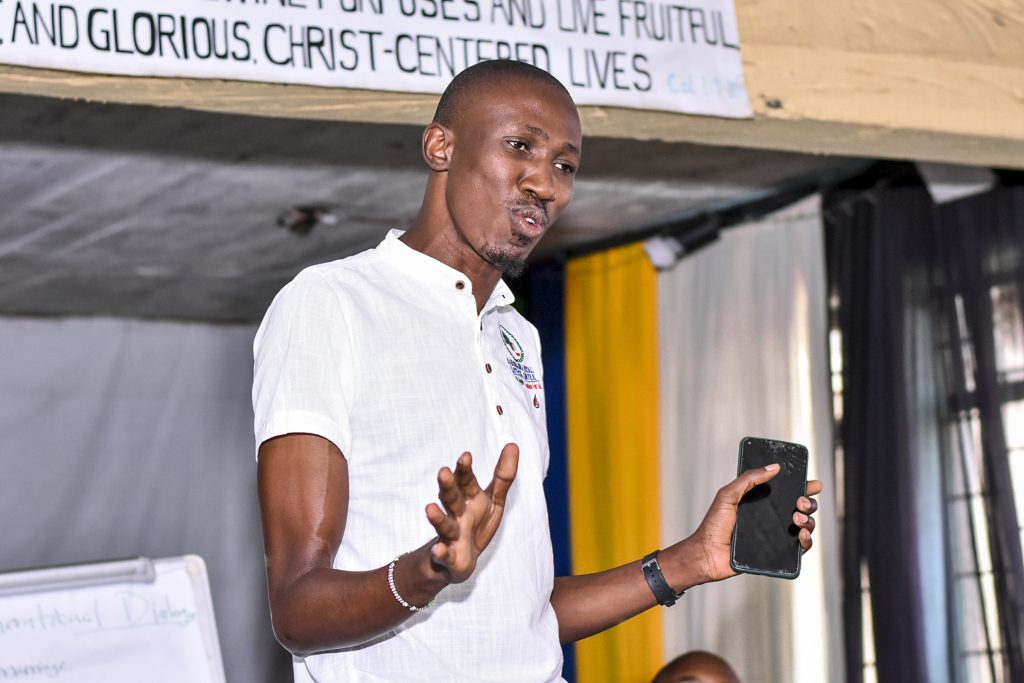
Collaboration as a Catalyst for Change
How important is stakeholder collaboration in achieving FAWE’s goals?
Collaboration is the backbone of our work. By joining forces with government agencies, the private sector, and other NGOs, we amplify our impact. A prime example is the Gender in Education program, which unites 16 organizations under a common goal.
Should the government finance NGOs that complement its work?
Yes. NGOs are filling critical gaps in service delivery. The government should establish Public-Private Partnerships (PPPs) and allocate resources to NGOs that are improving lives. For instance, FAWE played a key role in developing Kajiado County’s anti-FGM policy.
Advice for Young Leaders and NGOs
What lessons can other NGOs learn from FAWE’s journey?
- Engage men as allies in gender advocacy.
- Diversify revenue streams to ensure financial sustainability.
- Collaborate instead of competing—pooling resources strengthens impact.
- Utilize the new PBO Act to generate income through assets like land.
How did you become FAWE Kenya’s CEO at such a young age?
I studied International Relations at Maseno University and later pursued a Master’s in the same field at USIU. I initially aspired to be an ambassador but found my calling in leadership. Mentorship, internships, and volunteer opportunities played a huge role in shaping my career. I applied for the FAWE CEO role in April 2024 and was honored to be selected.
What advice do you have for young professionals aiming for leadership roles?
- Take risks and embrace failure as a learning opportunity.
- Fight impostor syndrome—remind yourself that you deserve your seat at the table.
- Believe in yourself and seize opportunities with confidence.
How will FAWE leverage the NGO Awards to enhance its impact?
We aim to:
- Strengthen our digital presence by utilizing social media more effectively.
- Participate in discussions that drive education and gender equality policies.
- Advocate for the awards to evolve into a two-day conference featuring thought leaders, beneficiaries, and government representatives.
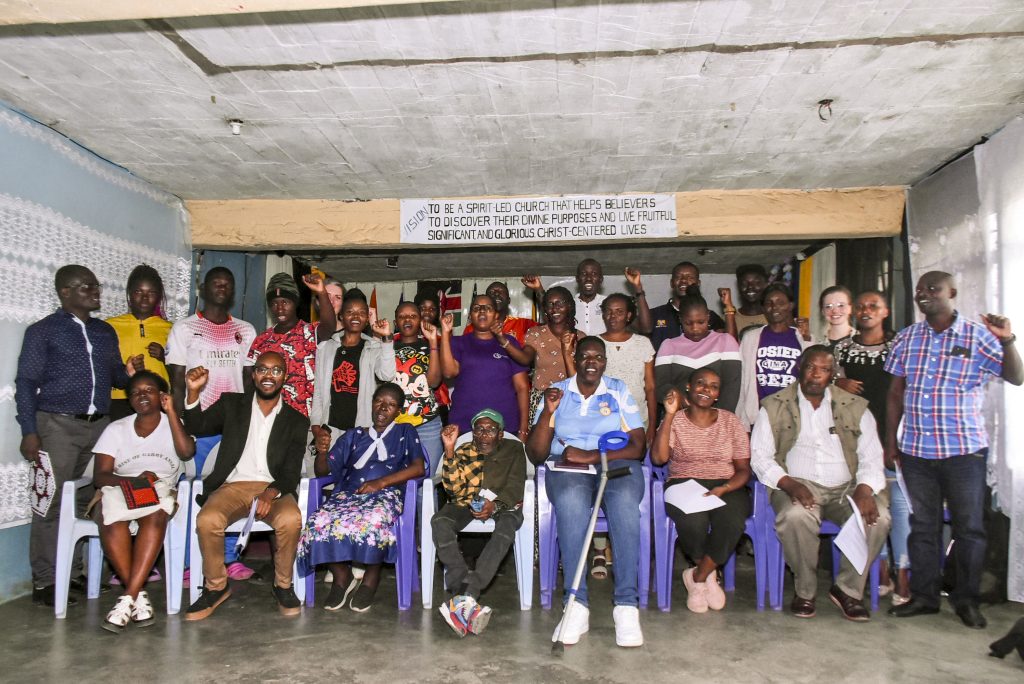
What message do you have for your team and the communities you serve?
Let’s stay united and accountable. True impact comes from strong partnerships and collective action. By working together, we can achieve a more equitable future for all.

